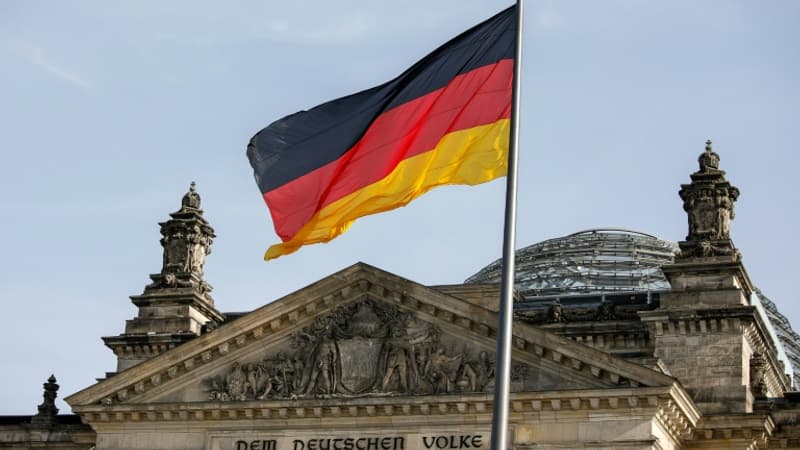Europe’s largest economy could experience a recession next year. According to a study by the IFO institute published on Monday, Germany’s gross domestic product (GDP) is expected to decline by 0.3% in 2023 due to massive inflation and a lack of Russian gas.
“We are falling into a winter recession,” said Timo Wollmershäuser, director of economic studies at this institute, one of the most influential in Germany, which lowered its previous June forecast by 4 points. Average inflation will rise to 9.3% next year from 8.1% in 2022, he added.
The IFO forecasts a technical recession in the first quarter of 2023, with a 0.4% drop in GDP, after a 0.2% drop in the fourth quarter of 2022 in the summer” and “the consequent massive price increases” Therefore, average inflation should rise to 9.3% next year, after 8.1% in 2022, he added.
A reduction in Russian gas deliveries
Gazprom has drastically reduced its gas deliveries to Germany in recent months, via Nord Stream, before stopping them in early September, in the context of a confrontation between Moscow and the European Union over the war in Ukraine.
Germany, which got 55% of its supplies from Russia before the war, had to source supplies elsewhere, at much higher prices. These tensions have therefore caused the price of gas and electricity to skyrocket in Europe, causing inflation to skyrocket.
A recession of the 3rd and 4th quarters of 2022
The president of the German central bank, Joachim Nagel, also considered “possible” that Germany will fall into recession from the third and fourth quarters of this year, and remain there until the beginning of next year, in an interview given on Sunday on the radio. German Deutschland funk. . The inflation rate will rise to around 11% during the first quarter of 2023, which will severely affect the purchasing power of households, the IFO still predicts.
The German government adopted a third plan of measures to help the most disadvantaged in early September, but this will not be able to compensate for the expected loss of purchasing power, according to the IFO.
However, the situation could “normalize” again in 2024 with “growth of 1.8% and inflation of 2.5%”, it concludes.
Source: BFM TV


